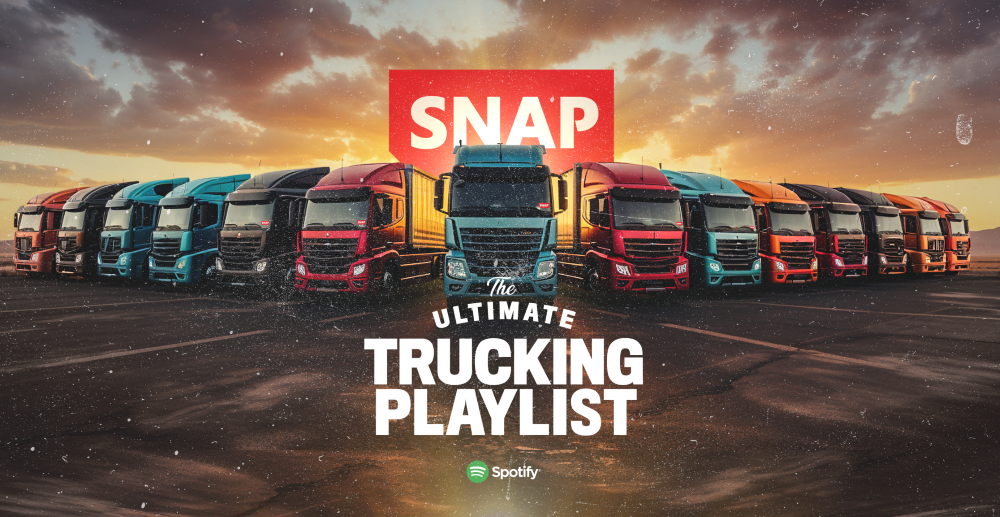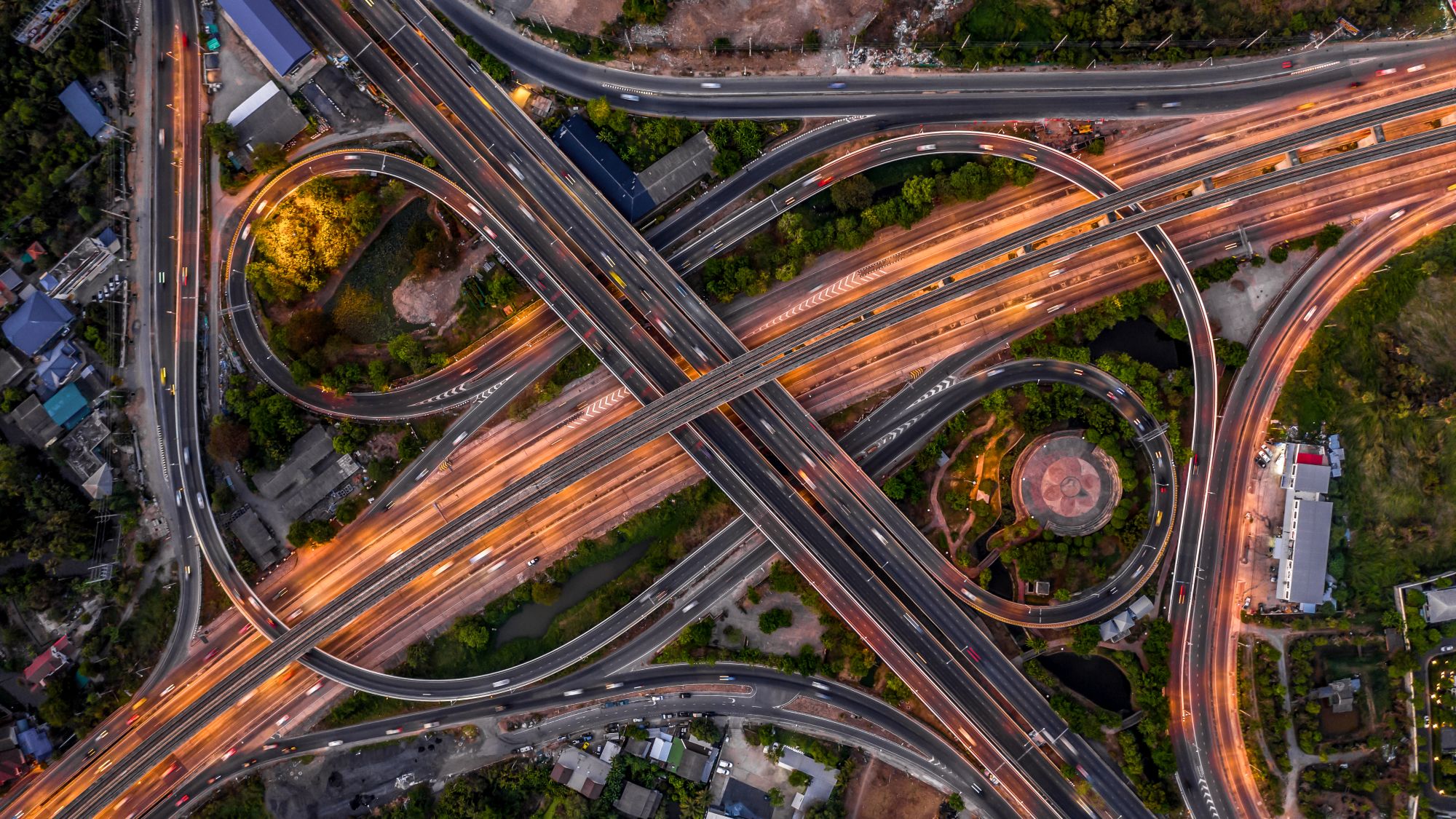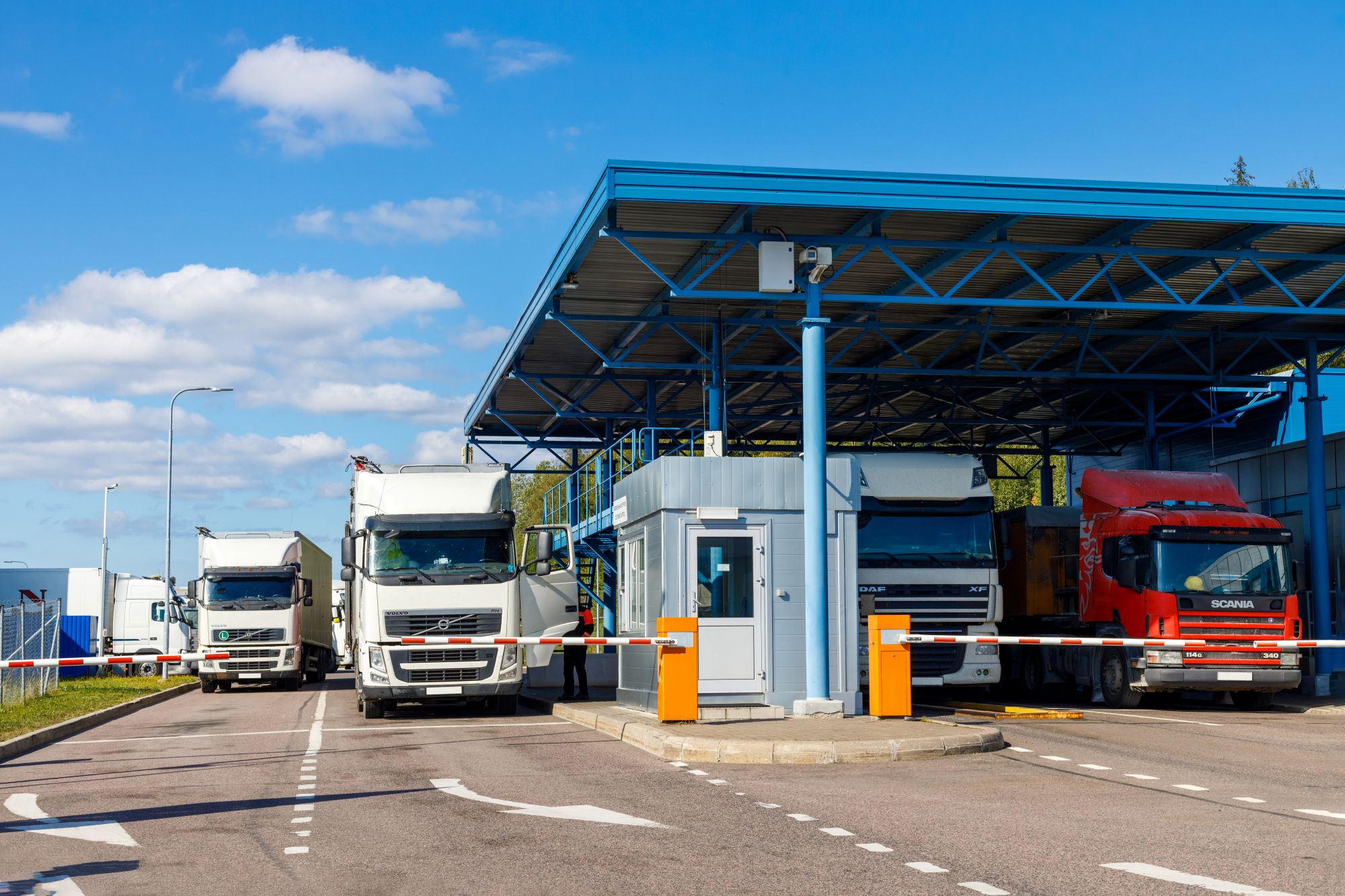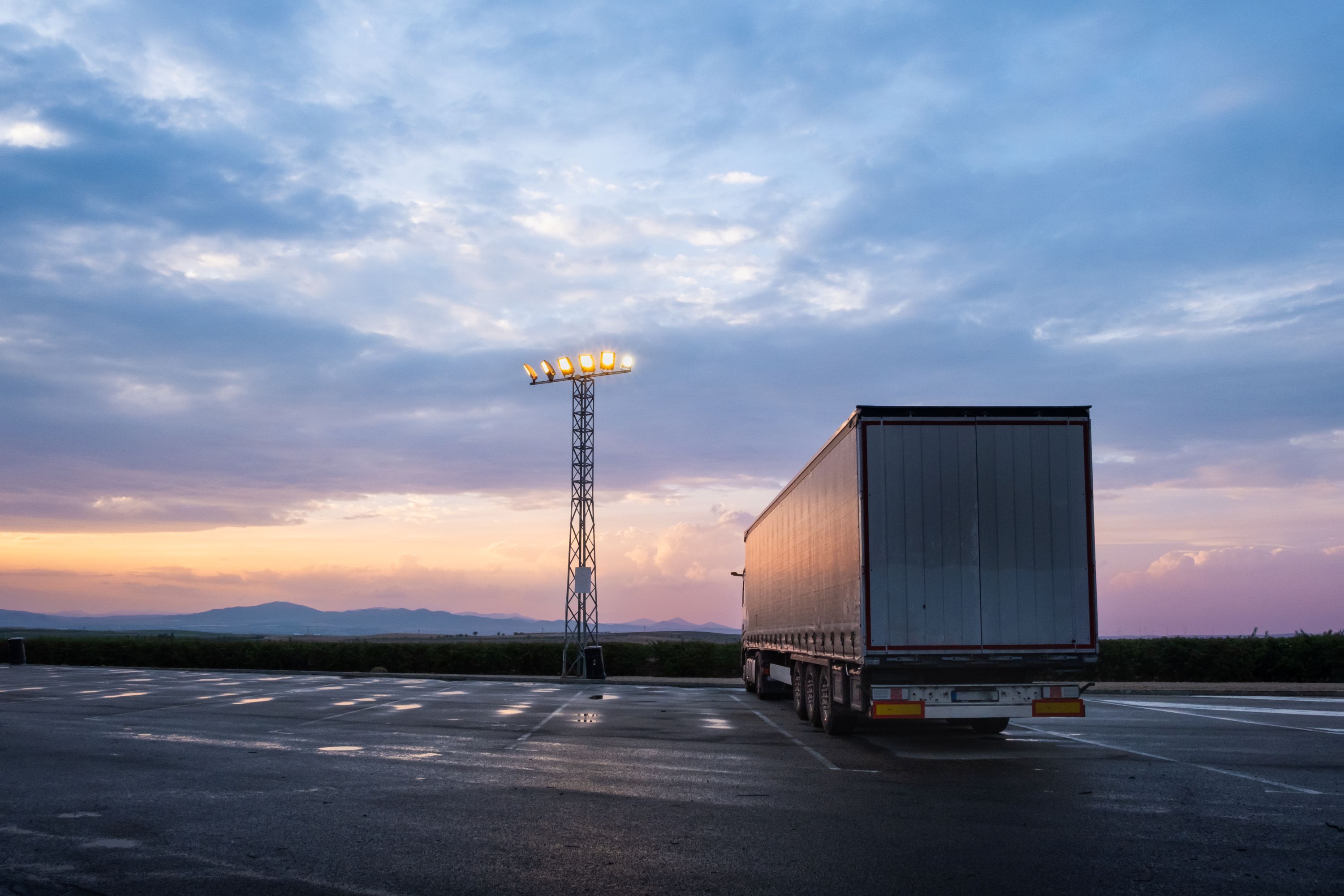
Susie Jones
The power of music in the trucking industry
Created: 28/08/2024
•
Updated: 28/08/2024
For truck drivers traversing endlessly across the UK and Europe, music serves more than just background noise - it is a companion that eases boredom and keeps them alert, engaged, and focused on the journey ahead. Music can improve driver well-being and enhance safety on the road.
Why music is important for truck drivers
With many hours on the road and days spent away from friends and family, the life of a trucker can sometimes be a lonely affair. Music can change a journey by uplifting spirits and keeping a driver focused on the road. It can also provide tranquillity and calm during a driver's downtime.
Music and driver safety
Not only does music prevent boredom on the road, but it can also affect road safety. A study showed that loud music (anything over 95 decibels) can reduce reaction times by as much as 20%. The study also demonstrated music at 55 decibels improved driving performance - the same drivers performed better than those with no music.
Music can also alter your mood in stressful situations - soft rock and jazz can improve driver focus and concentration. For those who enjoy faster-paced music, beware. Tests have proven that music with higher beats per minute is more likely to cause you to drive fast and underestimate your speed. In some cases, faster music resulted in weaving, a disregard for red lights, and an increased collision rate.
Research conducted by Autotrader saw the best truck driving songs came from pop artists as they improved concentration - the study was scored on a series of hazard perception tests while listening to playlists from 20 different artists. Drake came out tops with a score of 59.5/75, while Ariana Grande and Eminem came second with scores of 58.5/75.
The effect on physical and mental health
JED Foundation found that music is beneficial to mental health for various reasons:
• Distraction - Music can take your mind off things troubling you and act as a place to escape.
• Stress levels - Certain types of music can reduce cortisol levels, resulting in stress reduction. Listening to music you enjoy also releases endorphins - giving you a sense of well-being.
• Activates the brain - A survey conducted by AARP revealed those who regularly listened to music saw a decrease in levels of anxiety & depression. Additionally, 69% of those who often attended music performances rated their brain health as excellent or very good.
• Mood-boosting - Someone's favourite song can instantly lift their mood.
Music not only affects mental health but also a driver's physical health. A study conducted by multiple universities across Brazil, the UK, and Italy suggested listening to music impacts cardiovascular stress. The study found reduced cardiac stress when listening to music while driving.
The Ultimate Trucking Playlist
The Ultimate Trucking Playlist has been made for drivers, by drivers. Each week, we ask our community of truck drivers to vote on which songs they'd like to listen to on the road. Ensure your favourite tune makes the list by heading to our Facebook page.

Do truck drivers watch TV?
With hours spent behind the wheel, many drivers spend their downtime watching TV shows and films. Streaming services have made it easier than ever before for drivers to gain access to the latest releases. Additionally, many trucks are fitted with satellite mounting options - enabling drivers to watch live TV from the comfort of their cab.
Do truckers listen to audiobooks?
Music plays a vital part in a truck driver's journey, however, it isn't the only thing that keeps boredom away on long drives. After speaking to a group of truck drivers about their listening preferences, Road Pro found that audiobooks came second highest, with traditional radio taking the title.
The use of audiobooks while behind the wheel has come under scrutiny, with many suggesting they are a distraction. While music is easier to tune out, it doesn't mean audiobooks are unsafe. Studies discovered that many drivers were not impaired by listening to an audiobook - this was only on "boring" courses. Drivers on more treacherous terrain found it difficult to react quickly.



